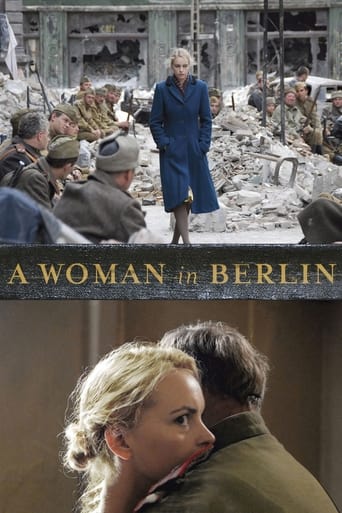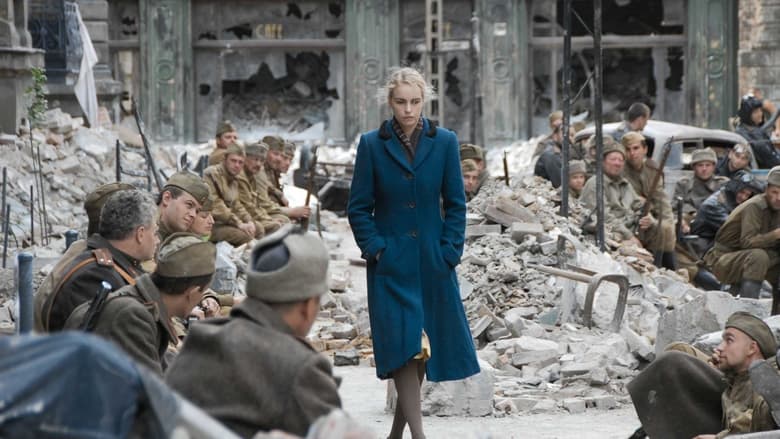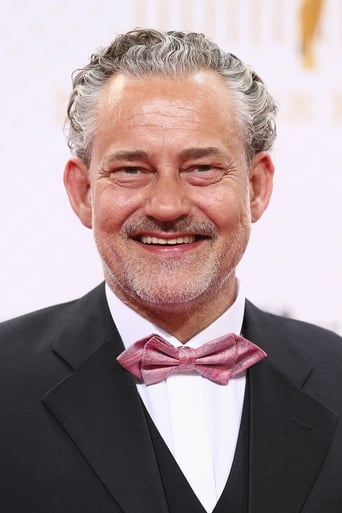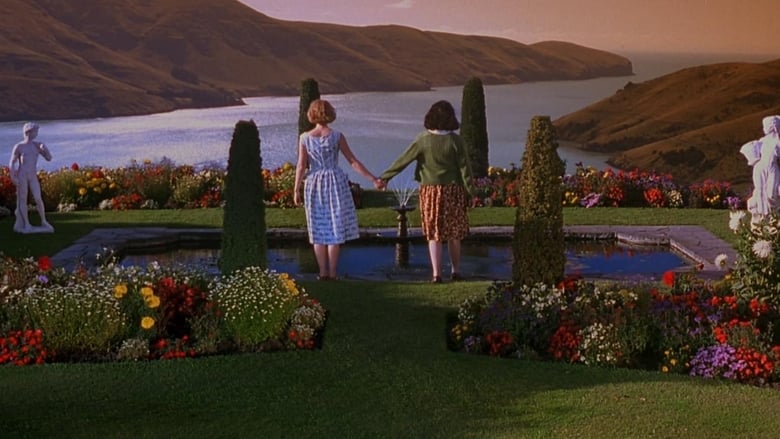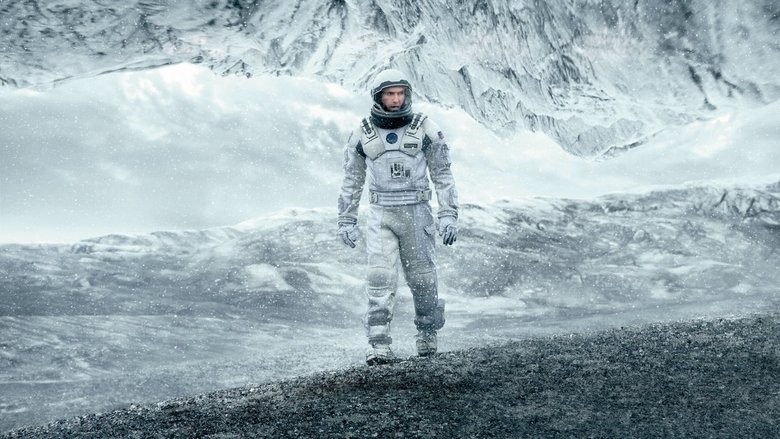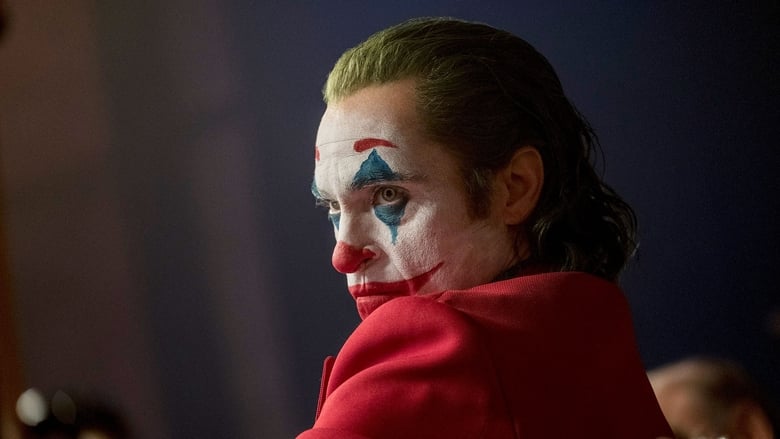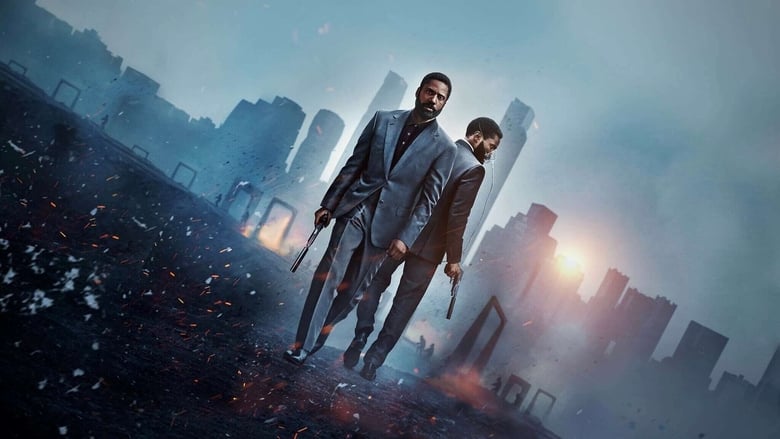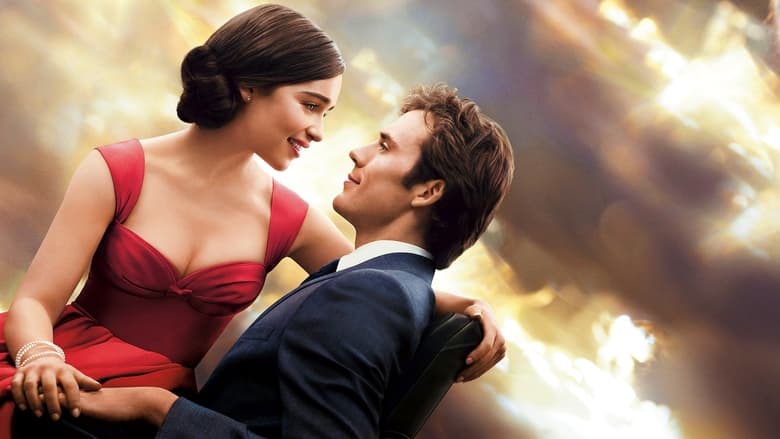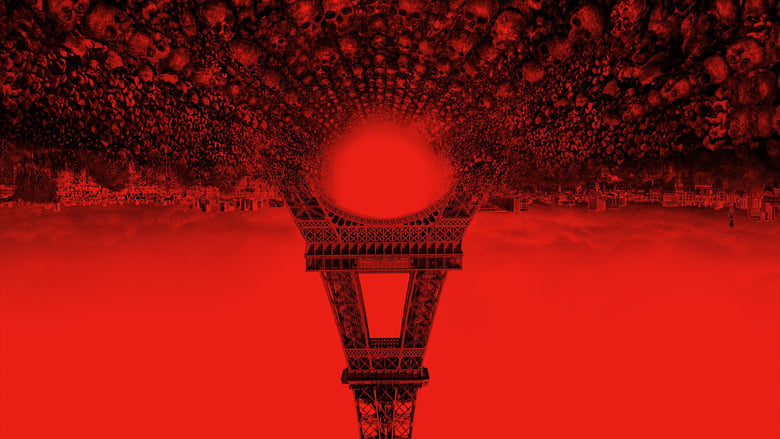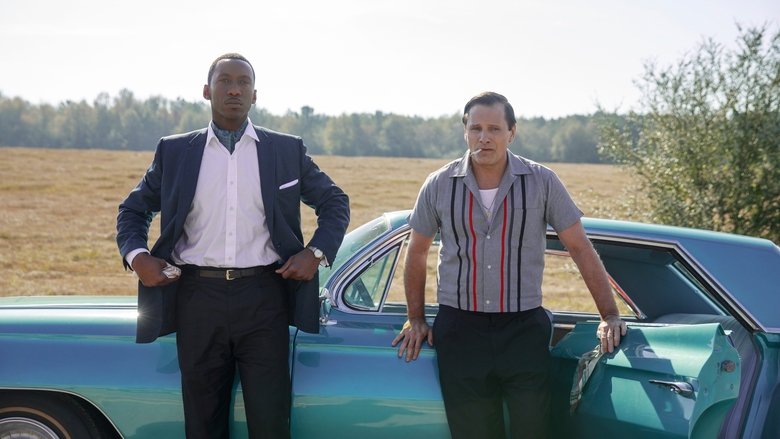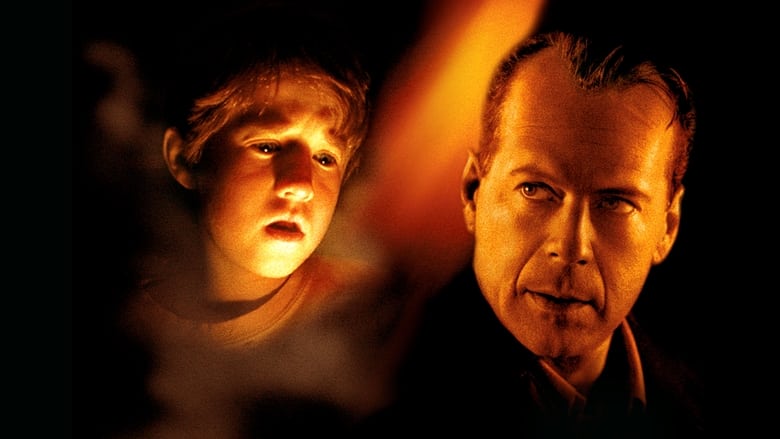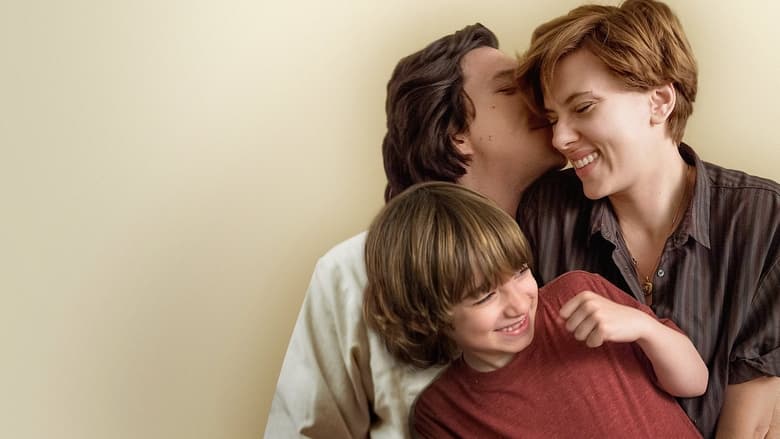A woman tries to survive the invasion of Berlin by the Soviet troops during the last days of World War II.


Similar titles
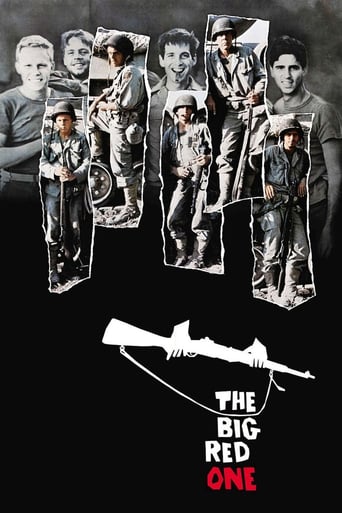
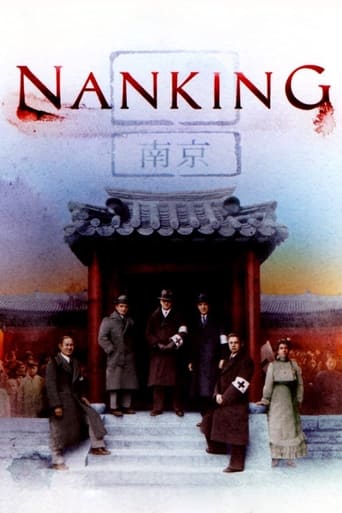
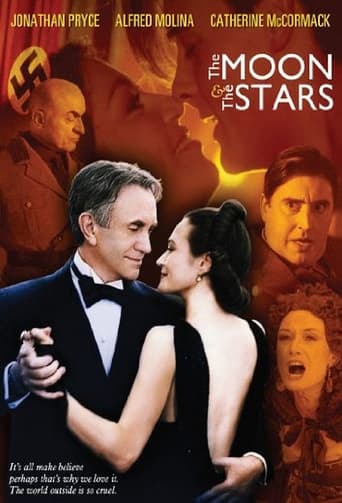
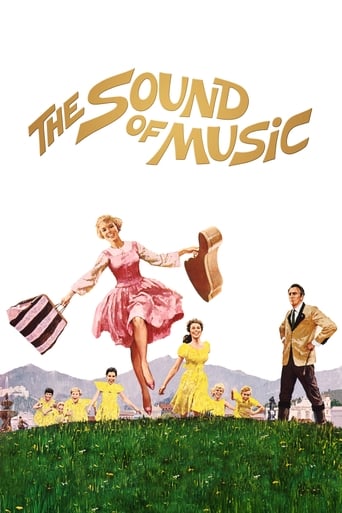
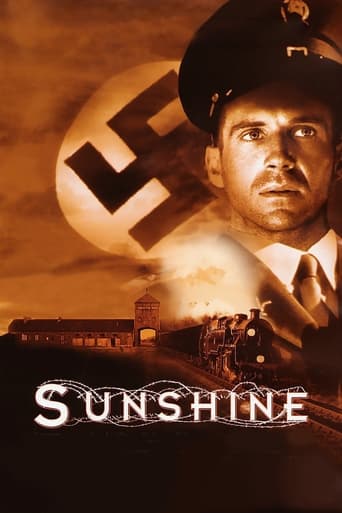
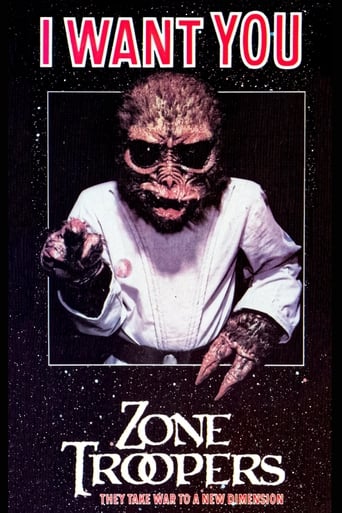
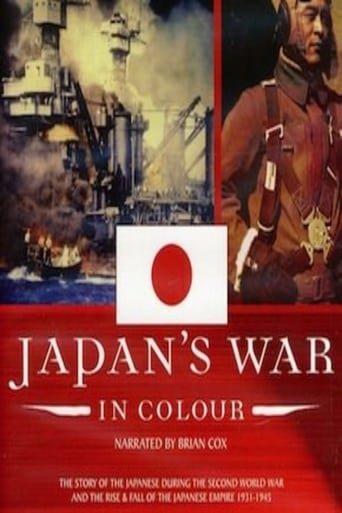
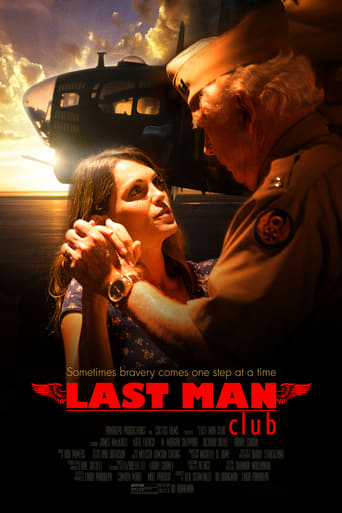

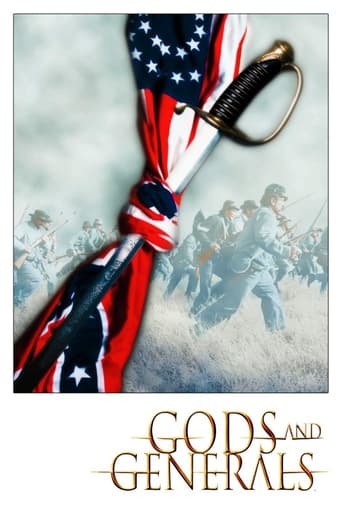
Reviews
Pure, boring ahistorical Euro-trash. With the fall of the Berlin Wall and the victory of Western Capitalism, the West is rewriting history. All films are propaganda. Film costs millions to make. Bankers/Financiers are not going to finance films where they teach working class people their own history. Period. The film doesn't work on a historical level nor as an artistic cinematic endeavor.From the point of view of history: Many family members & neighbors lived in Nazi Germany. This story is purely fictional. Were there any Russian soldiers who raped German women? Of course. American soldiers who raped German women? Of course. In fact, some women are being raped as we speak whether on the streets of New York City, Rome, or China. The relevant question to ask was whether the Soviet government ever encouraged or legalized rape during WW2? The answer is: Absolutely, not! Let's look at the time period: World War 2 was coming to an end and all of Eastern Europe went socialist. France, Italy, Germany, and Greece were also going to go socialist. The Finance Bankers of the US and Great Britain wanted to stop this from happening. Thus the Marshall Plan was created. It was a battle between the East and West for the hearts and minds of not only the East Germans, but the Central Europeans. If Russian soldiers were raping millions of East German women as this film falsely show, why did East Germany become socialist and remain socialist for over 40 years? Why are East Germans; particularly East German women protesting by the hundreds of thousands to restore socialism there? From the prospective of artistic endeavor: Because a film may have been created as a piece of propaganda doesn't mean the production values need to be low are unwatchable. Regardless of how I feel about Nazi Germany, many of their film productions like Riefenstahl's Triumph of the Will were masterpieces of their time that still resonant to today's audience. Lousy direction, abysmal acting, horrible cinematography, and poor script make this film unwatchable. The cinematography is shot in an almost gray pallor. Why? I don't know. Was the world black and white before 1960? The script and dialogue is silly and vulgar beyond belief. I'm ashamed and my German Protestant Family would have been even more ashamed. To give just one of several examples: An old lady willingly raped repeatedly by Russian soldiers comments how Russian men love having sex with her because as she depicts with her hand her vagina is small like a pea; unlike Ukrainian women who have vaginas the size of grapefruits. First, why would any young soldier, let alone many, want to rape ugly, old women old enough to be their grandmother? It's ridiculous! More over the overt racism against Ukrainian women is offensive and the dialogue just plain smut. Women didn't speak like this when I was a young woman in NYC in the 1990's and they for sure didn't speak this way in sexually repressed post-war Germany.One last thing before I end my review: A relevant question to ask is why certain films are financed and not others? This was a film destined to flop at the box office, so why would Bankers finance bombs ? Simple: This was the period when Austerity began and workers throughout Europe were having their worker rights' destroyed, pensions decimated, and so on. The film's purpose is to make people doubt the possibility that a better alternative is possible, so people continue to accept the tyranny of the Robber-Baron, Finance Capitalists 1%. By demonizing the Soviet Union, the 1% is trying to indoctrinate into the population that all alternatives are worse. 1 Star-Rotten. Pure trash, if it would have been created to be trashy Euro-porn, it would have been less trashy.
Being of German blood and having a mother who actually lived through the experience of living in Berlin as the Russian armies marched in, I was looking forward to a film that mirrored the experiences that she lived through. She joined to watch and disappeared about half an hour into the movie. Germans at the time thought of Russians as brutal subhumans and that was part of the justification for conquering & enslaving them so that the more deserving master race could take over their lands. Looks like some still have that attitude. My mother does not, nor do most of her friends who also experienced the war from various parts of Berlin and Germany. Sure rapes did happen, but not to the extent that this movie portrays where every day consisted endless Russian abuses. My mother was not raped once, nor any of her friends. The Russian soldiers were human - some good, some bad - no different than any other human beings. She tells the story of an extremely drunk Russian soldier invading the basement they were hiding in as their first contact. Yes he did drag a woman off into the corner, no doubt a terrifying experience. But then before he could do any damage he fell asleep & started snoring.
I haven't read the diary, but my father has and after we watched this together, he said that they got everything from the compelling book with its important testimony. This review is based upon the version with a two hour running time and six minutes of credits. After Berlin was taken over by Russian soldiers(among them men who had not had sex for four years) at the end of WW2, and raped 100.000 women, leading to the death of 10.000 of them. When this was first revealed in the late 50's, the truth outraged many in the country. It was called an attack on the virtue of female Germans. Fortunately, it was re-released in 2003, and now this excellent adaptation has hit theaters. There is apparently also a longer cut, and if the standard of this is maintained, it is undoubtedly great and worth it. This is gripping from start to finish. It all comes across as real and authentic(helped by the fact that they speak the three languages they are supposed to), and since this is entirely objective and doesn't take any sides in the conflict, you feel for both groups. The acting performances are spot-on. This has some marvelous little touches and details, and it is historically accurate. The characters are complex and psychologically credible. This is immensely well-produced. The camera-work and editing put you right in the situation when this fits, and is in general expertly done. This has extraordinary lighting. There are a few light portions that keep it from being all sad(without it taking away from how touching and engaging the rest of it is). It is tense and unpleasant when it means to be, albeit it isn't outright depressing. The atmosphere is built up well. There is a bit of moderate sexuality, nudity of both genders, brutal violence and disturbing content in this. The DVD comes with a trailer for this and ones for other films. I recommend this warmly to everyone mature enough for it. What happened should never be forgotten. 8/10
What a great film. It tells the story of the epon(anon)ymous protagonist, who both witnessed and endured the rape of Berlin in a very personal manner. And yet the film manages not to be too depressing until the very end, thanks in no small part to the assured acting skills of Nina Hoss. She conveys an unbreakable spirit and intelligence despite having so little dialogue in the film. And yes she did make me wonder what would I do in her shoes. Having watched it, I also feel strangely empowered about rape. Anonyma's story seems to validate that there is always more than one way to deal with a desperate situation.I am a tad shocked that the story of these women was silenced for so long, but knowing what I do of the German people I suppose I shouldn't be surprised - stoicism plays a huge role in their public life. Yet apparently 10,000 women died 'just' from being raped during this period of German history. It's a sobering statistic, and one which makes a mockery of the assertion of the Russian commander who, early on in the film, implies that STIs are the greatest threat women face from his soldiers. Like rapists everywhere, they seem blissfully oblivious to the physical and psychological costs of their abuses, and are correctly portrayed in the film as phallically obsessed, emotionally retarded cowards. It's important to remember that the average age of their victims was 16. The majority of these girls and young women were children at the start of the war and had no say in the actions of their government which was, at any rate, a misogynistic dictatorship. There has been a lot of discussion around what this film is saying about wartime rape. Were these women making concessions with the enemy, or were they enduring a relentless onslaught of sexual violence in the best way that they could? The film explores both possibilities. It also makes it clear that there is not one answer for every woman; in the film some of the victims lose their minds and end up killing themselves (or others); others find a sugar-daddy in the Russian army who gives them 'gifts' in exchange for protection (or at the very least, less violent sex).Personally, I see this film as a story about the way in which women cope with unimaginable, unjustifiable violence from their other halves. The scene that sums up the madness of their situation is when the 'girls' get together for drinks and joke about being attacked by Russian soldiers. Beneath the smiles and laughter you can see, hear and even FEEL that something is falling apart inside them. That they are on the verge of hysterics. I sincerely hope that viewers didn't wrongly interpret this scene to mean that women think rape is funny because to me it was very obvious that it had the opposite meaning. A cunning and subtle move on the part of the director, who never underestimates his audience. I sincerely feel for the women who remained in Berlin during this time, and so should every human being with a conscience. They didn't have choices: they were trapped in an occupied city with no way out and very few habitable buildings. The only supply of food and necessities came through the very men who were raping them. The Allied nations were well aware of the situation and did not intervene for nearly a year because they felt that raping Germans boosted morale (sorry to be so blunt but there was an actual quote to that effect from the American military). It's an all too familiar story, and one that has been played out in war torn countries right up until this day (Bosnia, the Congo, etc). So it boggles the mind that it's taken so long to make a film about the subject. I guess that just goes to show how male-dominated the film industry really is!!In one scene Anonyma confronts a major and asks him to do something to stop the rape of Berlin women. He replies, "Who should I protect? My people or yours?" My answer to that question would have been, 'You should protect the women and the unarmed civilians whom you're fighting to free.' After all, the whole point of overthrowing Hitler was to gain freedom for everyone, or so the Allies said. In reality, the fall of Berlin became a pitched battle in the war of men versus women. Eine Frau in Berlin paints a grim picture of what the world might look like if the men were triumphant.
